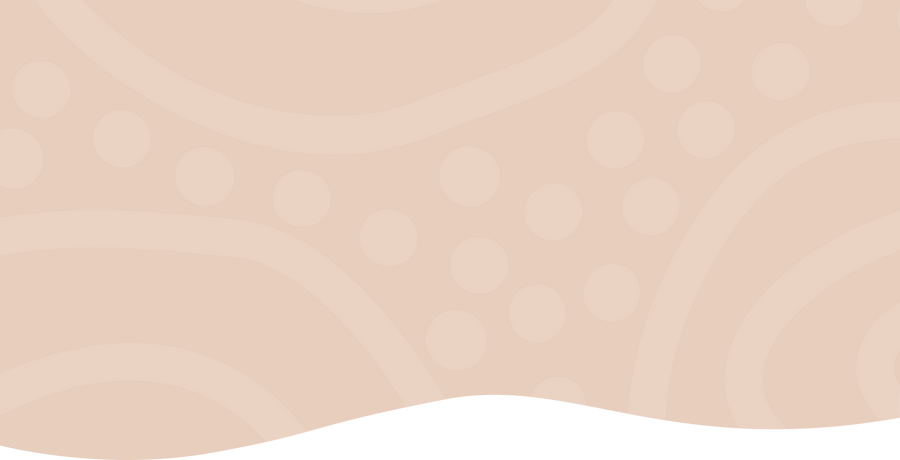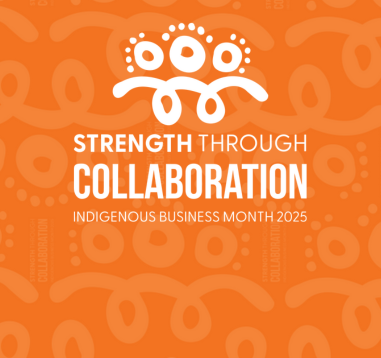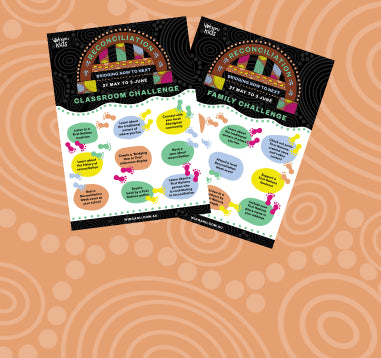

Wingaru Education Blog
Aboriginal Education for Everyone
Everyone loves to have a yarn, about all sorts of things. Here, you'll find hundreds of articles about a broad range of things, including stories, educational thought-leadership pieces, teaching trends, social issues and more.
Enjoy and share.
From Classrooms to Country: Reflecting on 2025 Professional Development
Indigenous Business Month 2025: Strength through Collaboration
Reconciliation Week 2025
Aboriginal Cultural Awareness Training
Impact of deficit assumption on the tech world for Aboriginal and Torres Strait Islander people
Wingaru Wrap Up 2020
Showing
1
of
2





